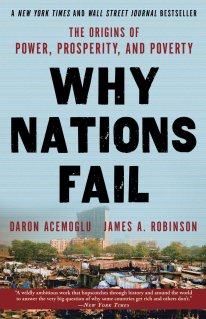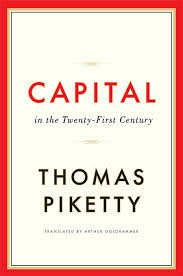
It’s been one year since we kicked off with The End of Poverty. Our final book for the Development Book Club will be Poor Economics: A Radical Rethinking of the Way to Fight Global Poverty; a well-known book with great reviews. Written in 2011, this book draws on the works we have already read. It should be a good place to end, leaving us with more material to connect the development theory dots.
Poor Economics is written by Professors Abhijit V. Banerjee and Esther Duflo of MIT and J-PAL. This book doesn’t argue for or against aid and does not claim to have the best solution for ending poverty. Instead it focuses on the choices poor people make in different situations (like choosing a smaller amount of better tasting food over having more not-so-great tasting food). The authors have set up an awesome website with chapter breakdowns and relevant lectures to watch.
Happy reading! Share any thoughts on this book in the comment section below.
Thanks to the many people who have reached out over the last year- it’s been a pleasure. I hope you’ve learned as much as I have! You can still stay updated on globaldev book news by following our Twitter account. Be on the lookout for a few more career profiles.


